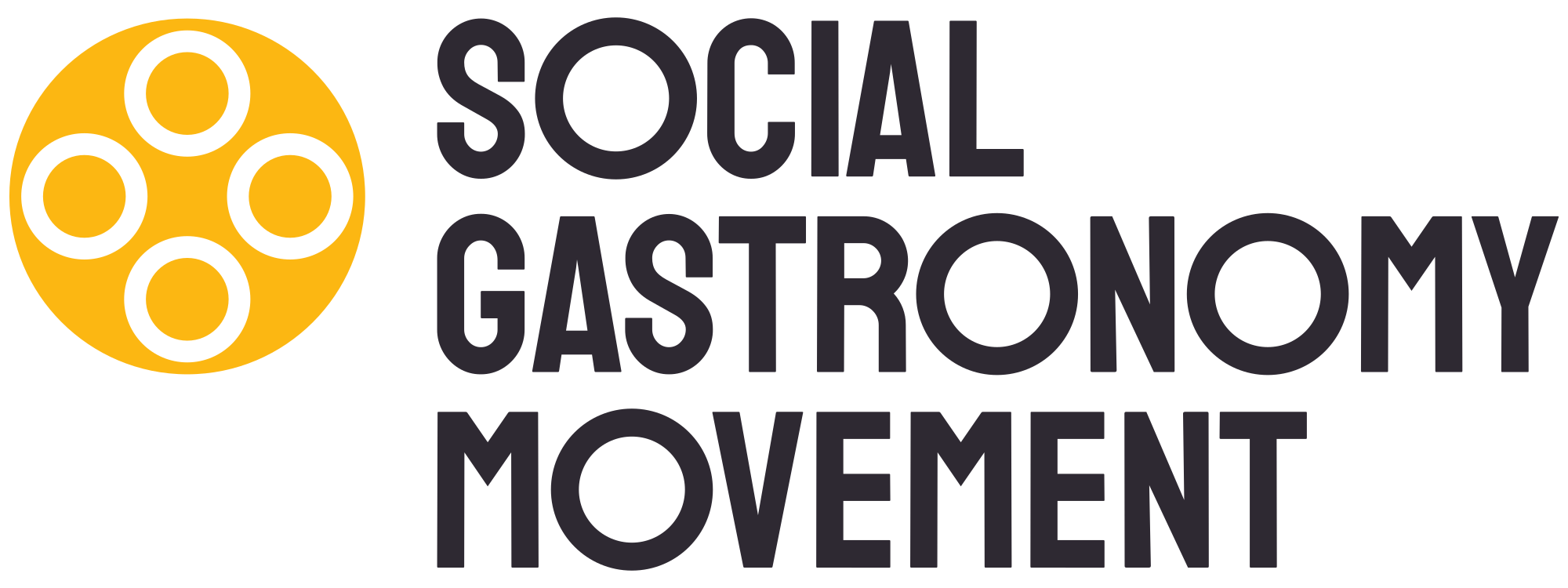Noble Nobel: The World Food Program - Reflection on how the World Food Program contributes to the common good of our planet
Article originally published on Stimson.org on October 9, 2020. Shared with permission of author Johanna Mendelson Forman. Find the original article at https://www.stimson.org/2020/noble-nobel-the-world-food-program/
The announcement this morning that the United Nations World Food Program (WFP) won the 2020 Nobel Peace Prize came amid growing pessimism that the world was growing hungrier each year. Achieving the Sustainable Development Goal of zero hunger by 2030 was now growing elusive as the data showed the continuation of a downward trend in progress toward food security that began in 2014.
As the news spread across the globe, just one week before World Food Day next Friday, October 16th, it was a signal that the Oslo Nobel oracles were also concerned about the downward trajectory of food security as the world is faced with a trifecta of crises: man-made conflict, climate change, and a global pandemic that has no end in sight which has left millions unemployed and food supply chains broken.
Much of the forward thinking at the World Food Program over the last four years goes to its American Director, former South Carolina governor David Beasley. With his leadership, and the dedication of a staff of more than 17,000 workers of which 90 percent reside in countries across the globe, he has taken the mission of the United Nations organization as a call for action. He has spoken out about the millions of people caught in a tangle of war, poor harvests due to drought, and now the consequences of a health crisis. This year WFP has fed more than 97 million people in 88 countries.
Even at a time when the United States has discarded its commitment to multilateralism, Beasley has moved the ball forward as he sounds the alarm about ongoing famines that require support that only a United Nations agency can provide.
Consider these facts, from the March report of the World Food Program’s annual assessment, The State of Food Insecurity and Nutrition in the World 2020.
Nearly 690 million people are hungry, or 8.9 percent of the world’s population – up by 10 million in one year, and up by nearly 60 million in five years.
Nearly 750 million – one in ten people in the world – were exposed to food insecurity.
The majority of the hungry live in eight countries wracked by conflict – 489 million people
Covid-19 may add between 83 and 132 million people to the total number of undernourished in the world in 2020 depending on the economic growth scenarios.
Starvation in the 21st century is not only a matter of crop failure or lack of food. It is symptom of bad governance and lack of access to adequate income to purchase food. In the 21st century food has become the cheapest weapon of war. With the data from the World Food Program in 2018 the United Nations Security Council passed Resolution 2471 declaring that food insecurity and conflict were connected and countries that withheld food could be subject to UN Security Council actions. This year a Security Council review confirmed the situation was growing more acute.
Without the World Food Program, millions of people in Yemen, Syria, South Sudan, the Democratic Republic of the Congo, eastern Nigeria, Venezuela, and Haiti would be without food as these nations face near-starvation condition. Just last month it was the World Food Program that jumped to the aid of millions of Lebanese whose national wheat supply was destroyed when a massive explosion at the port of Beirut destroyed its granaries.
We often take for granted the importance of United Nations agencies when it comes to saving humanity. This news of the Nobel prize affords a moment to reflect on how the World Food Program, its director, and its global staff contribute to the common good of our planet as they continue their mission in some of the direst conditions.
Congratulations on a job that requires every nation’s support in these times of great disruption, peril, and international realignment.
